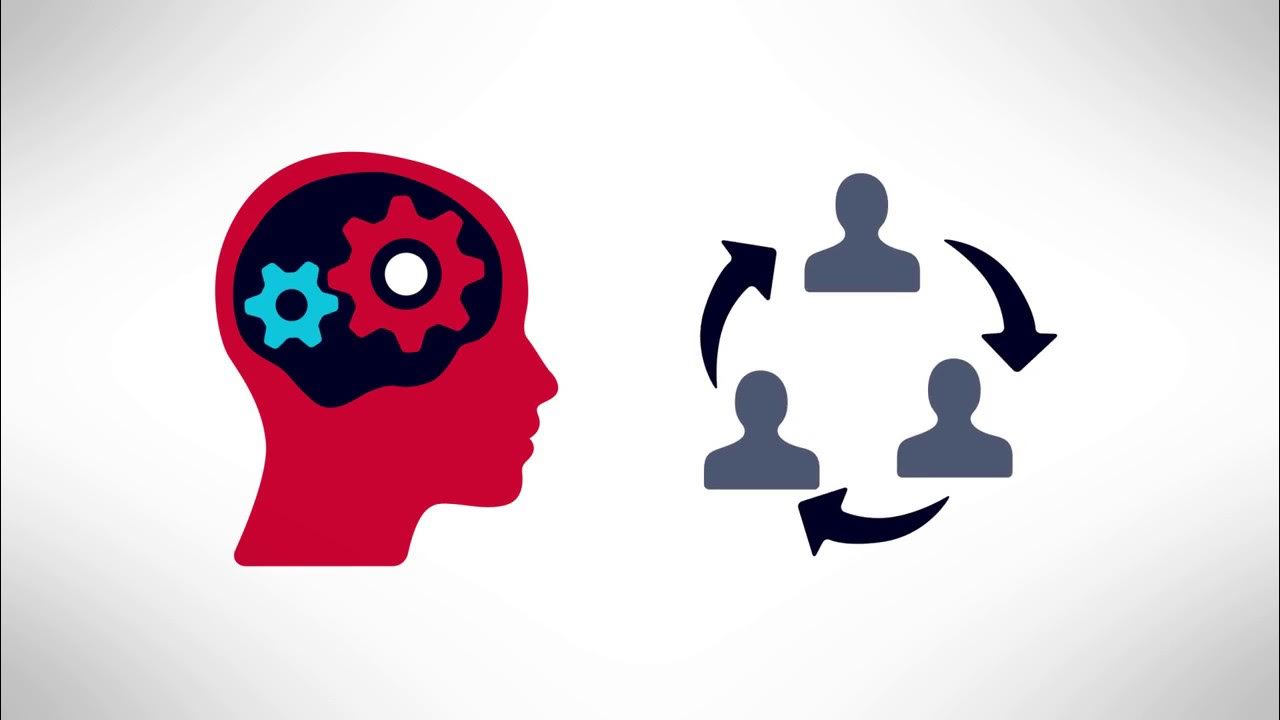Video Pembelajaran Pengantar Manajemen _ Manajemen Operasional
Summary
TLDRThis video script offers an in-depth look into operational management, explaining its role in transforming inputs into goods and services. It highlights the importance of efficient resource management, cost reduction, and quality improvement. Key areas covered include the significance of functions such as marketing, finance, and production, along with the historical evolution of operational management. The script also discusses strategic decisions, including process design, quality control, and supply chain management, which impact the success of businesses. With examples and concepts like productivity, transformation processes, and various production strategies, it offers a comprehensive understanding of the subject.
Takeaways
- 😀 Operational management refers to the series of activities that transform inputs into outputs (goods or services) to create value.
- 😀 The primary functions of business organizations include marketing, finance, and operations, each playing a crucial role in the overall success of the company.
- 😀 The main goals of operational management are improving efficiency, increasing productivity, minimizing costs, improving quality, and reducing production time.
- 😀 Operational management is critical to understanding how to effectively produce goods and services, manage resources, and enhance overall organizational performance.
- 😀 Key skills required in operational management include factory management, procurement, quality management, process improvement, and supply chain management.
- 😀 Historical figures like Eli Whitney, Frederick Taylor, and Henry Ford made significant contributions to the field of operational management, particularly in standardization, efficiency, and mass production.
- 😀 Different types of production processes include discrete transformation (e.g., car manufacturing), continuous transformation (e.g., cement production), and service transformation (e.g., transportation services).
- 😀 There is a significant difference between goods and services, with goods being physical products that can be stored and resold, while services are intangible and often difficult to standardize.
- 😀 Productivity is measured by the ratio of output to input, and it can be analyzed using single-factor or multi-factor productivity models.
- 😀 Strategic decisions in operational management include designing products and services, quality management, process and capacity planning, location and layout strategy, inventory management, and maintenance planning.
Q & A
What is operational management?
-Operational management refers to the series of activities that create value by transforming inputs (materials, labor, machines) into outputs (products or services). It involves managing processes to produce goods and services efficiently, meeting customer demands.
What are the primary goals of operational management?
-The primary goals of operational management include improving efficiency, reducing costs, enhancing product quality, and minimizing production time to ensure timely delivery of goods and services.
Why is operational management important for businesses?
-Operational management is crucial as it helps organizations optimize resources, improve productivity, manage costs effectively, and ensure the quality of goods and services. It significantly contributes to the overall success of the company.
What expertise is required in operational management?
-Expertise in operational management includes skills in factory management, quality management, supply chain management, process improvement, and resource planning. Managers need to understand production processes, inventory control, and workforce management.
Who are some of the key figures in the history of operational management?
-Key figures in the history of operational management include Eli Whitney, who introduced mass production in the 1800s; Frederick Taylor, the father of scientific management; and Henry Ford, who revolutionized production with the assembly line.
What are the different types of production processes?
-The three main types of production processes are continuous production, where production flows without interruption; intermittent production, where production is flexible and adapts to different product requirements; and project-based production, where production occurs at specific locations and times for unique projects.
What are some strategic decisions in operational management?
-Strategic decisions in operational management include product and service design, quality management, process design and capacity planning, location and layout strategy, supply chain management, inventory management, and scheduling.
How is productivity measured in operational management?
-Productivity is measured as the ratio of output to input. Labor productivity is calculated as output per hour of work, while multifactor productivity considers the combined input of labor, materials, and other resources to determine overall efficiency.
What role does supply chain management play in operational management?
-Supply chain management is critical in operational management as it integrates suppliers and distributors, ensuring the smooth flow of materials and products from the manufacturer to the customer. Effective supply chain management helps reduce costs and improve efficiency.
What is the significance of process design and capacity planning in operational management?
-Process design and capacity planning are essential for optimizing production workflows and ensuring that the company has enough resources to meet demand. These decisions impact efficiency, cost control, and the ability to meet customer needs.
Outlines

This section is available to paid users only. Please upgrade to access this part.
Upgrade NowMindmap

This section is available to paid users only. Please upgrade to access this part.
Upgrade NowKeywords

This section is available to paid users only. Please upgrade to access this part.
Upgrade NowHighlights

This section is available to paid users only. Please upgrade to access this part.
Upgrade NowTranscripts

This section is available to paid users only. Please upgrade to access this part.
Upgrade Now5.0 / 5 (0 votes)





